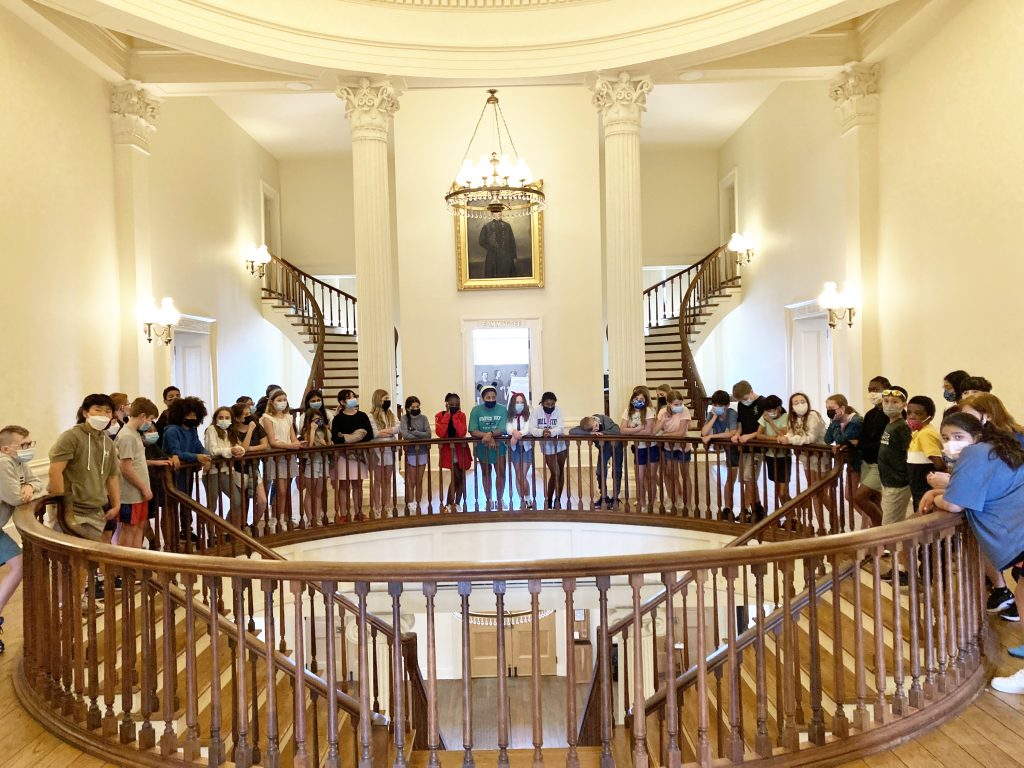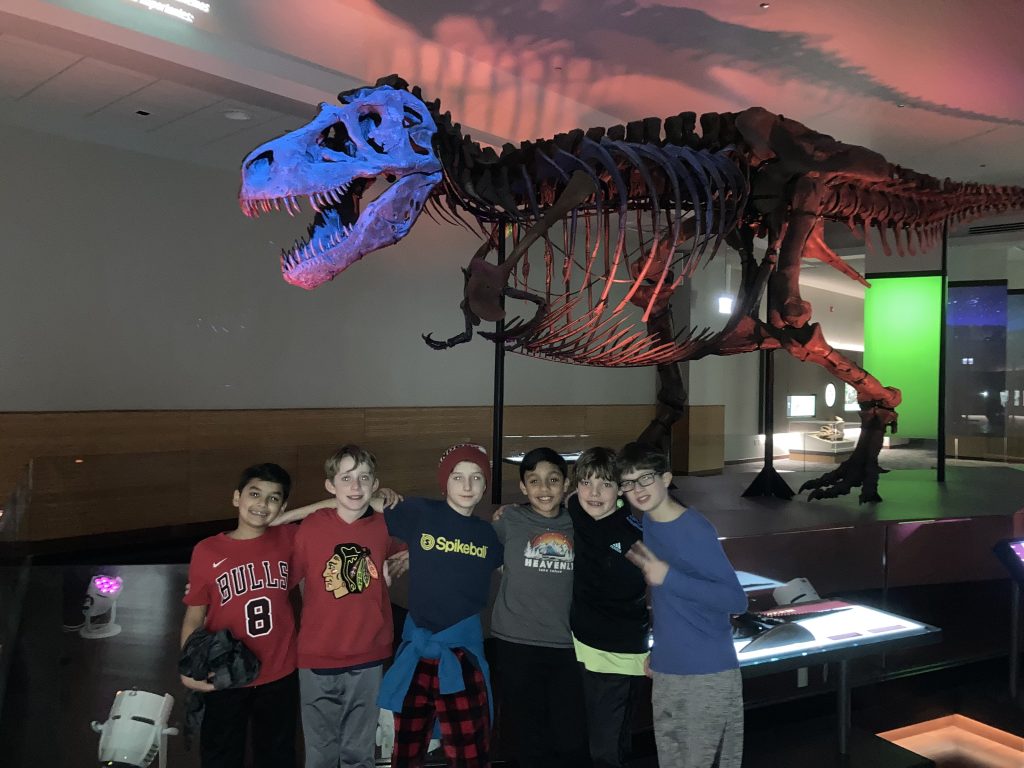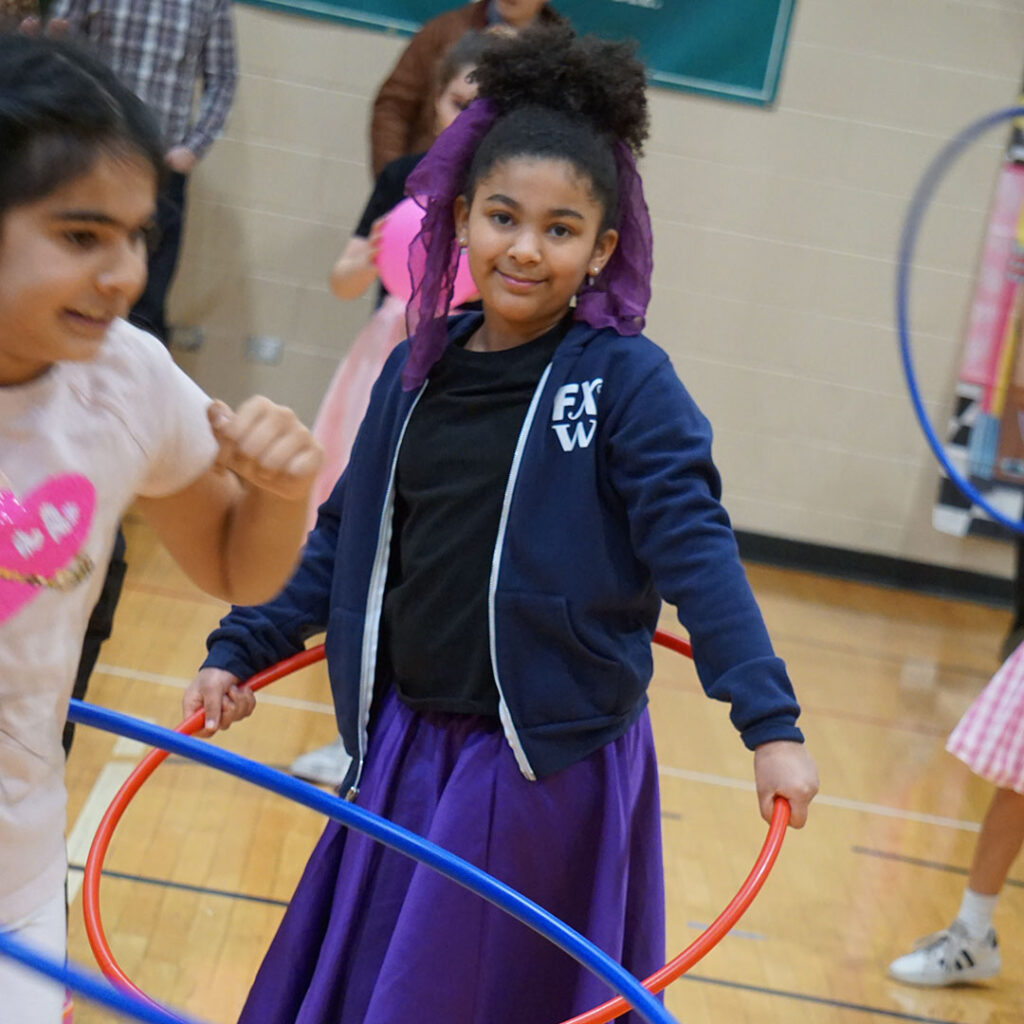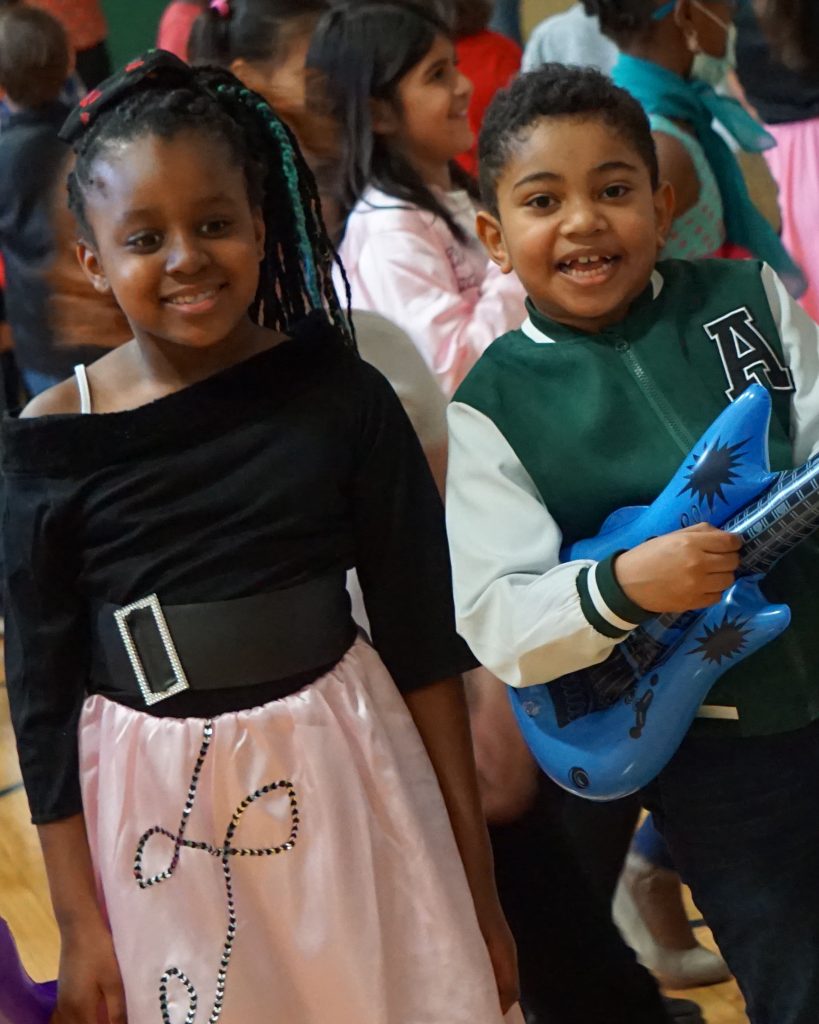Lower School (Grades 3-5)




Students in Grades 3-5 learn to value the perseverance and grit it takes to become an exceptional student and citizen of the world.
Advisory
At the HNC campus, each grade level uses research-based resources to develop engaging and meaningful lessons that will help our students manage emotions and social situations while here at HNC and beyond. Students spend 50 minutes a week in their advisory classes. During that time, students participate in whole class discussions, reflections, and small group activities. Through consistent teaching of SEL, we expect that students will be able to navigate their world more effectively while demonstrating empathy and kindness.
Morning Meeting
At the Grade 3 level, the parallel to the Advisory program is Morning Meeting. At the beginning of each morning, students gather in a circle and engage in community building to prepare for the school day together. The goals of Morning Meeting are to set a tone for respectful and engaged learning, to create a positive community, practice social emotional skills, and merge social, emotional and academic learning.
Courses
-
English Language Arts (Reading, Writing, Word Study/Vocabulary, Grammar)
-
Math
-
Science
-
Social Studies
-
Physical Education
-
Religion
-
Art
-
Music
-
World Language (Spanish)
-
Drama
-
Global & Digital Citizenship
Exploratory Day
Beginning in Grade 4, Exploratory Day allows students to venture out into our extraordinary city to experience the many wonderful things that Chicago has to offer. In addition, the students are grouped with peers from across all grade levels. This is a great way to build community. Students are given time to review exploratory options and make choices on the offerings. Choices range from a day of experiential learning at the Chicago Surgical Museum to making pottery, preparing a family meal, or participating in another unique opportunity. Click here for the offerings from 2024 Exploratory Day.
Mathematical Journey
-
Students in Grades 4 and 5 use the Think! Mathematics program.
-
All FXW students are enrolled in an accelerated math program beginning in Grade 6. This means that students in Grades 6-8 complete four years of math instruction in three years.
-
Students in Grades 6 and 7 use the accelerated Illustrative Math series.
-
All Grade 8 students take Algebra 1 published by Big Ideas, which is a high school level course.
Performances
-
Students highlight their talents with productions that are holistic, project-based experiences that allow students to learn everything that needs to be done onstage and off-stage.
-
“Backstage” activities include student leadership with things like set design, sound, choreography, advertising, and costume creation.
Grade 3 Sounds of the Season Concert / Grade 3 Showcase
Grade 4 Winter Sing-Along
Grade 5 Musical
Technology
-
Usage in middle school is purposeful and empowering.
-
Teachers and students make intentional choices to use devices, programs, and applications that support workflows, provide access to information, facilitate cooperation and collaboration, demonstrate skill or content mastery, or support their creativity for original ideas or projects.
-
In addition to the use of individual devices, the Learning Lab is a hub for digital media projects, 3D modeling and design, and purposeful tinkering and making.
-
Additionally, all middle school students participate in a course to build Global & Digital Citizenship. This course explores our obligation to society as advocates for change and as humans who have the responsibility to leave a positive legacy in the cyber-world and beyond.
Campus Community Capstone Experiences
-
Co-curriculars such as Student-led Yearbook, Scholastic Bowl, Debate, Student Council, and Math Team celebrate individuality and talent while also building community. Retreats, immersion field trips, and all-campus assemblies further develop a positive middle school culture.
-
The scope of the capstone trips was intentionally scaffolded to allow for increased levels of autonomy that is developmentally appropriate for adolescents over the years.
Grade 3—Architectural Boat Tour
Grade 4—Springfield, Illinois
Grade 5—An overnight stay at The Field Museum of Natural History
Assessment
-
The school year is divided into three assessment periods. At the end of each, students and families receive Standards-Based Reports. In lieu of letter grades, students are given a deconstructed assessment of their individual proficiency in specific learning outcomes.
-
FXW administers MAP Growth interim assessments three times annually to get an accurate view of how much each student has grown over time and what students are ready to learn. This data is used to analyze growth and attainment on many levels including the individual student.
-
Assessment date, classroom-based and standardized, is used to regularly analyze middle school curricular materials and instructional moves. Data-driven decisions and changes are made to increase teacher efficacy and support student learning.
-
The day-to-day middle school assessment model places the individual student at the center of the process. An ongoing cycle of feedback between teachers and students is an essential component in adolescent learning.

